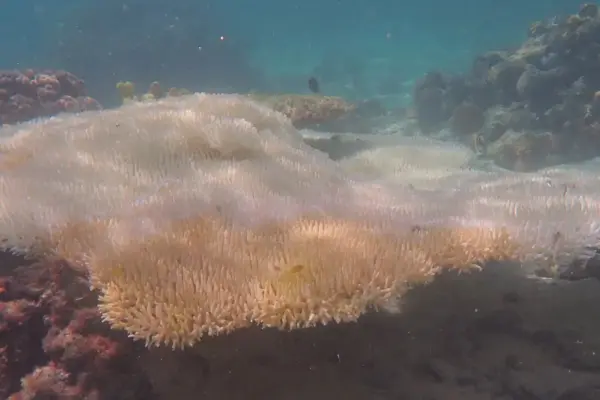Scientists Warn Humanity of Unseen Horrors of Climate Change in Future
According to scientists, the world will face unseen horrors due to climate change if society does not change its way of living immediately. Based on rising global temperatures and increasing greenhouse gas emissions, over 11,000 scientists issued a warning in journal BioScience on November 5, ‘clearly and unequivocally’ declaring that earth is facing a climate emergency.
It was spearheaded by the ecologists Bill Ripple and Christopher Wolf of Oregon State University, along with William Moomaw, a Tufts University climate scientist, and researchers in Australia and South Africa. The letter was released a day after the Trump administration officially notified UN about USA’s withdrawal from the 2015 Paris Agreement.
Concerns about Climate Change
World scientists’ warning on climate change is based on climate science first published in 1979 in Geneva. 40 years ago, at the First World Climate Conference in Geneva, 1979, scientists from 50 countries met and agreed that unnerving patterns of climate change made it crucial to act.
Since then, many warnings – similar in nature, have been made through the 1992 Rio Summit, the 1997 Kyoto Protocol, and the 2015 Paris Agreement. Many scientists and global assemblies have explicitly expressed that climate change poses a threat to life on earth as we know it.
Also Read: Google Employees Demand Company for Strict Action Against Climate Change
In 1992, the Union of Concerned Scientists issued the original “World Scientists’ Warning to Humanity”. More than 1,700 of world’s leading scientists, including the majority of living Nobel laureates in Sciences, issued this appeal warning mankind of impending doom. This statement enlisted six components to be taken care of – ozone layer, water resources, soil, oceans, forests, and living species.
Despite decades of global climate negotiations, with only a few exceptions, we haven’t mend our ways and have failed to address this existential crisis in the proper way.

Image: Reuters / Francis Mascarenhas
Cause and Effects
According to scientists, climate change is rapid than expected and severe than anticipated. The earth is heating up and major ecosystems such as phytoplankton and coral reef are dying. There has been an increase in wildfires in Amazon rainforests and the glaciers are melting at a rapid rate. The majority of the earth’s land has gone under desertification and deforestation. Many living species have gone extinct and many are at the brink of oblivion.
The recent surge of concern enlists the causes of the degrading health of the planet. Profoundly troubling signs from human activities include an increase in both human and livestock population, meat production, world gross domestic product, loss of global tree cover, fossil fuel consumption, growth of air travel industry, and greenhouse gas emissions.
Vital Steps to Rectify Situation
Encouraging signs have also been mentioned in scientists’ warning on climate change. The decrease in global fertility rates and increased use of renewable energy resources are a few good indications. However, the negative impacts of various human activities neutralize these efforts.
The situation might be out of hand, but there is still time to repair the damage done to the planet before it becomes a ‘hothouse’ for any living being to survive on it. The letter emphasizes six key points – replacing fossil fuels, cutting pollutants like methane, black carbon (soot), and hydrofluorocarbons (HFCs), restoring and protecting ecosystems, population control, and establishing a carbon-free economy.
The new wave of concern against climate change is encouraging as the governments are making climate emergency declarations, schoolchildren are striking against inaction on climate crisis. Ecocide lawsuits are proceeding in the courts.
Via: The Guardian


